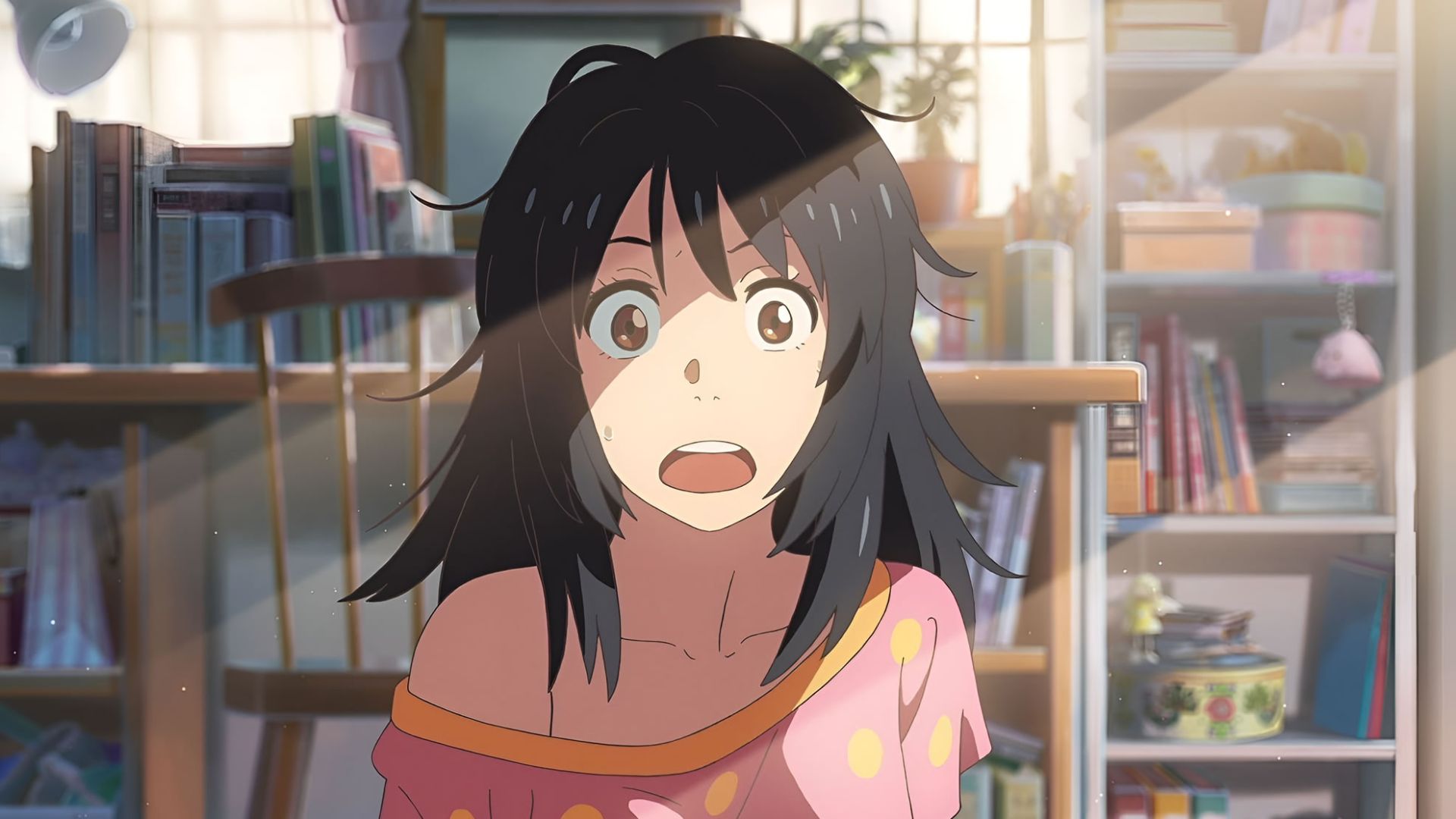In a recent interview, Shinkai Makoto stated that today would discard the scene of Your Name in which Takiupon waking up in the body of Mitsuhatouches his chest. The director maintained that, although it was then proposed as a dream resource and “from the body itself,” with current sensitivity “would not be accepted” and I would prefer not to include it.
Shinkai added that he is concerned about how that sequence will be perceived in future television broadcasts, noting that, in just six yearsmarkedly changed the line between what is permissible and what should be avoided in the commercial entertainment.
About the scene: “Now I would throw it away. Although it was a dream and technically her own body, she would judge that today's public will not accept herHe also acknowledged that following recent movements and discussions about limits of representation, his staging criteria he became more careful about the nuances of proximity and consent.
After the phenomenon of Your Name —which exceeded 250 billion yen in Japan— Weathering With You raised more than 140 billion yenwith a diverse reception that led the director to look for proposals that would maintain the attention of broad audiences. In Suzume no Tojimariaddressed head on the 2011 earthquake/tsunamia decision that involved a creative pact with his team to address a sensitive topic from an accessible narrative.
Focus adjustments and creative limits
Shinkai commented that certain management decisions faced internal resistance (like the scene where Suzume He sits on the “chair” in which he is confined Souta), but defended its relevance by building an emotional tone without falling into misplaced insinuations. For him, the goal is do not leave out any audiencebalancing emotion, tension and care in the representation.
Context and evolution
The director stressed that the recent social climate redefined the reception of certain gags and romantic codes common a decade ago. Your operational conclusion: adjust the audiovisual language without losing the pulse of the stories, privileging frames and subtexts that work with diverse audiences, and avoiding elements that today are perceived as noise.
Do you think that works like Your Name Should they be re-released with editions that reflect the changing sensibilities of today's audiences?
